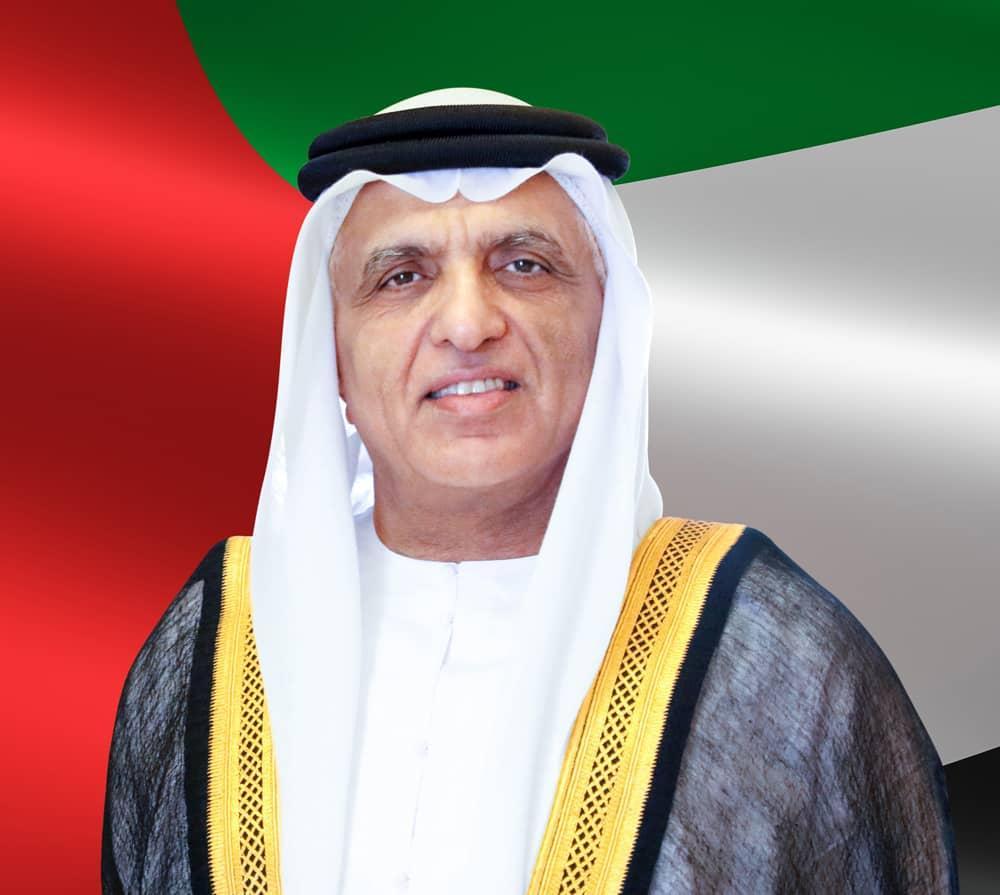
Africa-Press – Malawi. A recent fuel deal between the Malawi Government and His Highness Sheikh Saud bin Saqr al Qasimi of the United Arab Emirates (UAE) has sparked widespread debate and raised concerns about transparency, accountability, and long-term implications for the country’s energy sector. The agreement involves the supply of 250,000 metric tonnes of fuel to the National Oil Company of Malawi (Nocma), a vital institution responsible for ensuring Malawi’s fuel security. While the deal promises to address the country’s persistent fuel shortages, it has raised eyebrows among political analysts, economic experts, and civil society groups due to several factors.
Malawi has long struggled with fuel shortages, which have disrupted daily life and economic activities. To mitigate these shortages, the government entered into an agreement with Sheikh Saud bin Saqr al Qasimi, the ruler of Ras Al Khaimah, one of the emirates in the UAE. The deal, touted as a strategic move to stabilize the country’s fuel supply, involves the bulk importation of fuel by Nocma, with the intention of securing a consistent fuel flow for Malawi.
One of the most contentious issues surrounding this deal is the apparent lack of transparency. The Malawi Government has not disclosed the full terms and conditions of the agreement, including the pricing structure, financing mechanisms, and procurement processes. This lack of transparency has led to suspicions that the deal may not have followed standard procurement procedures or may be subject to hidden costs and conditions. In a country where governance and corruption issues have often undermined public trust, the opaque nature of this agreement is fueling skepticism.
Furthermore, it is unclear whether competitive bidding was part of the process. Normally, such high-value deals are subject to public procurement laws to ensure fairness, cost-effectiveness, and accountability. The absence of open bidding in this case has raised concerns about the government’s motivations and whether political or personal interests are influencing the agreement.
Nocma has faced numerous challenges in the past related to governance, financial mismanagement, and political interference. The company has been criticized for its lack of operational efficiency, leading to frequent fuel supply shortages. The fact that Nocma is once again at the center of a controversial fuel deal raises questions about the company’s capacity to manage a contract of this magnitude.
Given Nocma’s previous track record, there are valid concerns about whether the company will be able to handle the logistics, storage, and distribution of such a large fuel supply. Without proper oversight and accountability measures in place, there is a risk that the deal could exacerbate existing inefficiencies and lead to further financial mismanagement.
This deal also has significant geopolitical implications. The involvement of Sheikh Saud bin Saqr al Qasimi from the UAE in Malawi’s fuel supply chain raises questions about the motivations behind the partnership. The UAE is known for its strategic investments in key sectors of developing countries, and while this could potentially be beneficial for Malawi in terms of securing fuel supply, it also places the country in a delicate geopolitical position.
Economic experts have also pointed out that reliance on a single foreign supplier could create vulnerabilities in Malawi’s energy security. If the deal falters or if geopolitical tensions arise between Malawi and its new partner, the country could face renewed fuel shortages. This over-reliance on one supplier could also hinder competition in the market, potentially driving up fuel prices in the long term.
While the government has presented the deal as a solution to Malawi’s fuel shortage crisis, there are concerns about the potential impact on local fuel prices. Importing fuel in such large quantities from a foreign supplier might initially stabilize supply, but there are fears that the long-term cost of the deal could lead to higher fuel prices for consumers.
The pricing structure of the agreement remains opaque, and without knowing whether the terms are favorable, there is a risk that the cost will be passed on to ordinary Malawians. The country’s economy is already grappling with high inflation and a weakened currency, and any increase in fuel prices could further strain households and businesses, leading to increased transport and production costs.
Beyond the immediate economic and governance concerns, the environmental impact of such a large fuel deal has been largely overlooked. Malawi, like many countries, is facing the challenge of transitioning to cleaner energy sources to combat climate change. By committing to large-scale fuel imports, the country may be locking itself into a fossil-fuel-dependent future, which could undermine its efforts to adopt renewable energy solutions.
Socially, fuel shortages have had a profound effect on livelihoods, and while this deal aims to address that, there are concerns about whether the broader benefits will be felt by all Malawians, particularly those in rural areas. If fuel distribution remains concentrated in urban centers, the country’s rural population may continue to face supply shortages, further widening the gap between urban and rural development.
In conclusion, the fuel deal between the Malawi Government and Sheikh Saud bin Saqr al Qasimi raises several red flags regarding transparency, governance, and economic sustainability. While the promise of addressing Malawi’s fuel shortage crisis is appealing, the opaque nature of the agreement, coupled with Nocma’s questionable track record, has generated widespread concern.
Moving forward, it is critical for the government to clarify the terms of the deal, ensure transparency in its execution, and implement robust oversight mechanisms. Additionally, Malawi must carefully assess the long-term economic and geopolitical implications of relying on a single foreign supplier for such a crucial resource. Without addressing these issues, the deal may do more harm than good, exacerbating existing governance challenges and potentially leading to higher fuel prices for ordinary Malawians.
For More News And Analysis About Malawi Follow Africa-Press





